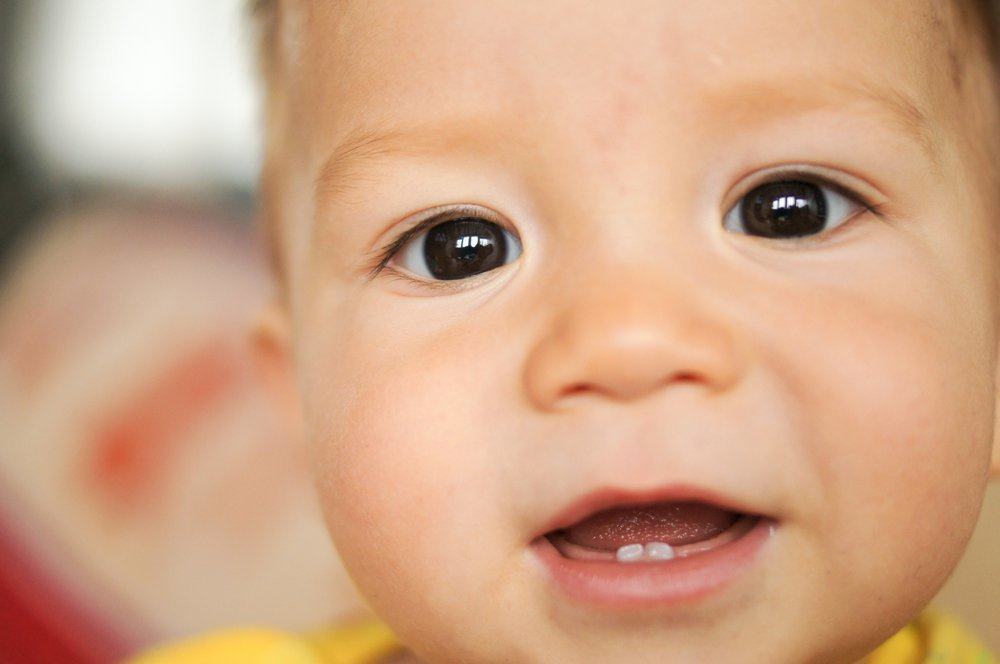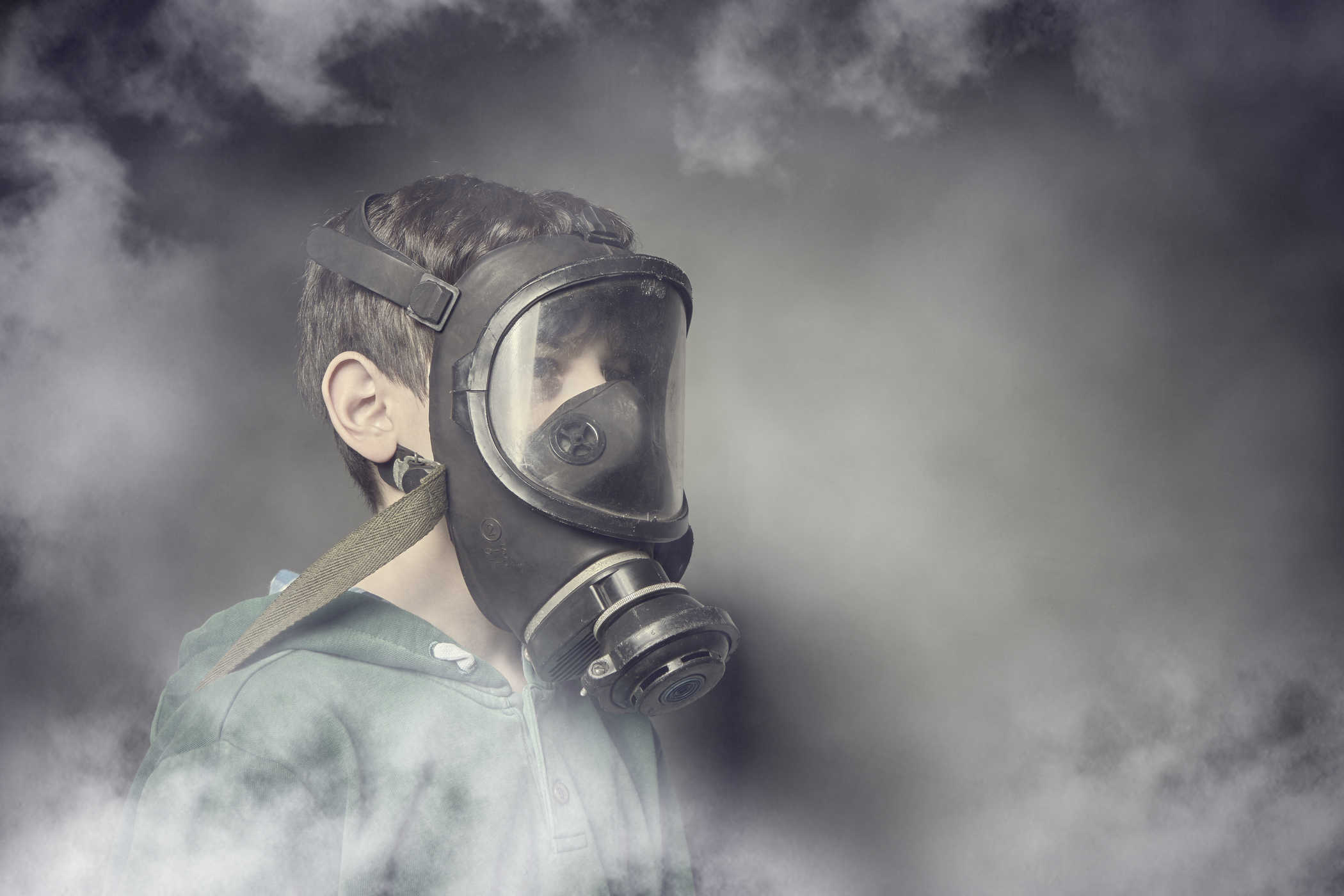Contents:
- Medical Video: Five Things to Know about your Child's Fever
- What is teething syndrome?
- What are the signs and symptoms of a child who is experiencing teething syndrome?
- Can teething syndrome result in a baby's fever and vomiting?
- How do the stages of teething in infants occur?
- What should you do when your baby has teething syndrome?
- Can a teething baby be given medicine?
Medical Video: Five Things to Know about your Child's Fever
Many mothers are worried and anxious when babies experience teething. Teething in infants is very normal, but usually this is accompanied by various symptoms and conditions that are less pleasant and make the baby uncomfortable. This condition is often referred to as syndrome teething or baby growth syndrome.
What is teething syndrome?
Teething syndrome is a syndrome that often occurs when a baby grows teeth, marked by the growth of the first tooth or primary teeth that begin to break through the gums. Teething syndrome usually occurs when a baby is 6 months old. but it is normal for babies to start teething as they enter the age of 3 to 12 months. As we get older, babies will have complete milk teeth, amounting to as many as 20 teeth at the age of about 3 years.
The lower front teeth are usually the first teeth to grow. Then followed by the growth of the upper front teeth about 1 to 2 months later. The growth of molars is the thing that doesn't make them the most comfortable, because compared to the process of other teething, the molars make the torn gums wider and this is of course accompanied by pain.
READ ALSO: Stage of Teeth Growth: From Infants to the Age of Children
What are the signs and symptoms of a child who is experiencing teething syndrome?
At first, the baby will have difficulty eating and refuse all the food offered to him, because they are feeling uncomfortable due to the growth of teeth. Teeth that grow will tear the gums and cause pain and the gums become swollen. Symptoms appear 3 to 5 days before the teeth grow and will disappear when the teeth have appeared or seen. But it's not uncommon for babies to feel nothing when experiencing this syndrome.
Not only does it feel pain, babies will bite their fingers or toys to reduce the pain that arises from growing teeth. But each baby may experience different symptoms.
The following are common symptoms that are often experienced by babies who are experiencing dental growth syndrome:
- Irritable and fussy
- Sleep disturbed
- The gums become swollen
- Saliva becomes a lot
- Rash and red in the mouth
- Babies often brush their teeth or ears, as a result of the pain that arises
But it turns out, only these symptoms will appear and are associated with teething syndrome in infants. If your baby experiences other symptoms like the one below, you should be vigilant and take him immediately to the doctor:
- Fever
- Diarrhea
- Cold and cough
- Prolonged fuss
- Rashes all over the body
READ ALSO: 6 Natural Treatments for Overcoming Cavities
Can teething syndrome result in a baby's fever and vomiting?
Although until now many have assumed that a teething child has a fever, there is no research and theory that states that teething can cause fever. Fever may occur because the baby has an infection in another area.
The process of teething also does not cause vomiting and both of these things have nothing to do. And various pediatricians also state that the teething syndrome, does not cause the baby to experience a cold, cough, diarrhea, or fever.
How do the stages of teething in infants occur?
- Frontal incisors: 6-12 months
- Canines: 16-23 months
- The first graham tooth: 13-19 months
- Second teeth graham: 22-24 months
And the baby will have complete milk teeth if they enter the age of 2-3 years. For the third graham tooth, it will grow in some people when he is around 20 years old.
READ ALSO: Why Should Your Youngest Teeth Have To Be Revoked?
What should you do when your baby has teething syndrome?
Teething is a natural process that occurs in infants, so that if the process comes along with various symptoms that make the baby uncomfortable and fussy, then the mother must make her comfortable. You can do a number of things to ease the pain they feel, such as:
- Use your finger - it must be clean - to gently rub the baby's gums that will be overgrown with teeth for 2 minutes.
- Give toys that are safe to bite by babies
- Along with teething, then start introducing babies with a variety of healthy solid foods.
Can a teething baby be given medicine?
If indeed your baby is very fussy and in pain, then you can give it acetaminophen or paracetamol specifically for children to reduce the pain. You can also give them dental gel medications that are used to make them comfortable. There are a number of things that you must avoid it if the baby is teething namely:
- Give baby aspirin or apply aspirin to the gums
- Use alcohol on the gums of a sick baby
- Put something very cold or ice on the gums that is overgrown with teeth
- Let the baby bite the toys made of hard plastic.












